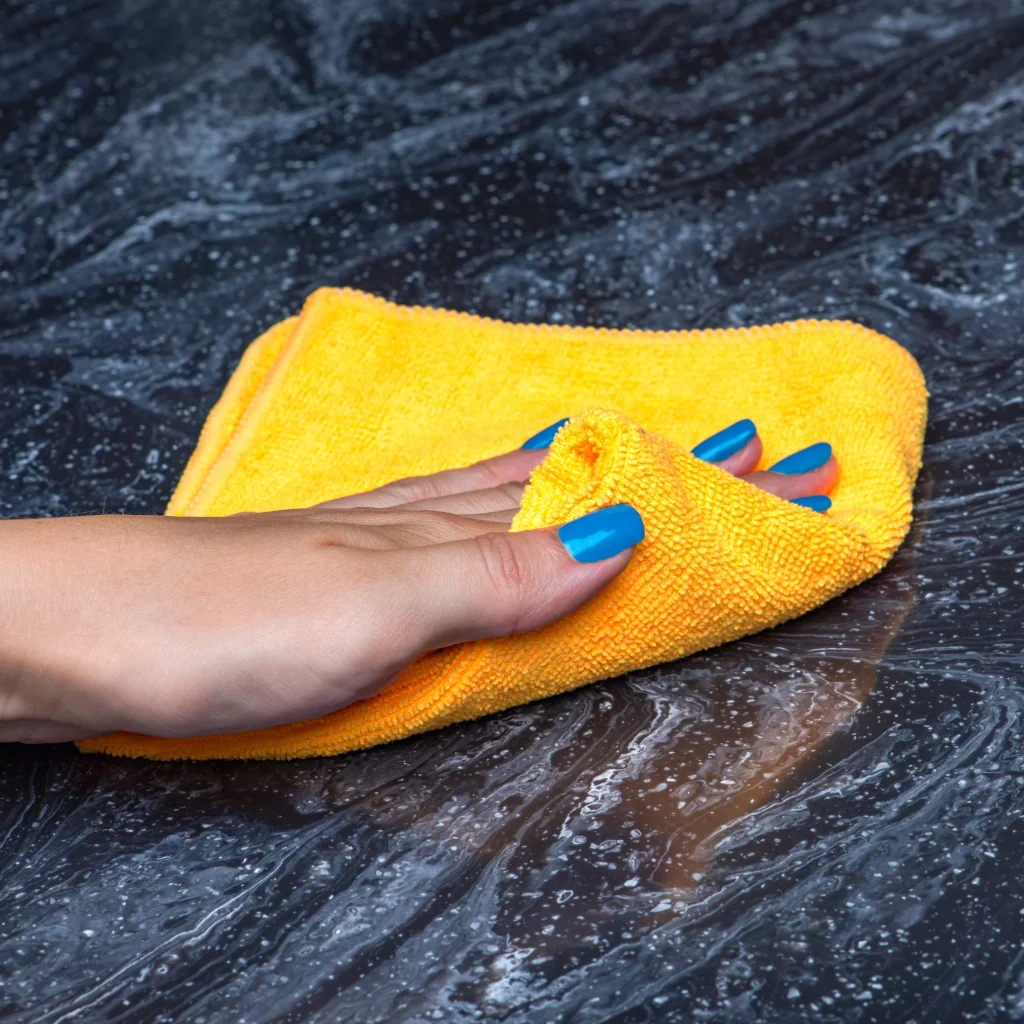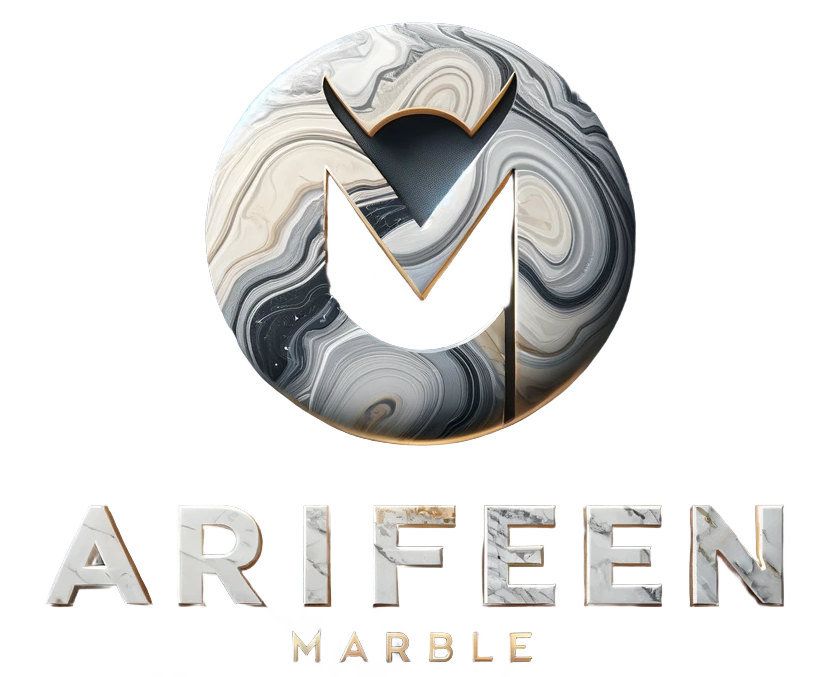Can You use Bleach on Marble

Marble countertops, floors, and other surfaces add elegance and beauty to any space. However, they require proper care and maintenance to preserve their luster and durability. One common question that arises is whether bleach can be used on marble. Let’s delve into this topic to understand the dos and don’ts of using bleach on marble.
Can I Use Bleach on Marble?
Bleach is a powerful cleaning agent known for its ability to disinfect and remove tough stains. However, when it comes to marble, caution is advised. Bleach is highly alkaline and can cause damage to marble surfaces if not used correctly. It can etch the surface, leading to dull spots or discoloration.
Can You Use Bleach on Marble Tile?
The same caution applies to marble tiles. While bleach can effectively clean grout and remove stains on tiles, it should be used sparingly and with care on marble surfaces. Always test a small, inconspicuous area first to ensure that the bleach does not cause any damage.
Bleach on Marble
Dilute the Bleach:
Mix bleach with water to create a diluted solution. A ratio of 1 part bleach to 4 parts water is recommended.Spot Test:
Test the diluted bleach solution on a small area of the marble surface that is not easily visible. Wait for a few minutes to see if there is any adverse reaction.Apply Gently:
Use a soft cloth or sponge to apply the diluted bleach solution to the stained area. Avoid scrubbing too vigorously, as this can scratch the marble.Rinse Thoroughly:
After cleaning, rinse the marble surface thoroughly with water to remove any residue of the bleach solution.Dry Immediately:
Wipe the surface dry with a clean, dry cloth to prevent water spots or streaks.Can You Clean Marble with Bleach?
while bleach can be used to clean marble, it should be done with care and in moderation. For routine cleaning, opt for pH-neutral cleaners specifically designed for marble. These cleaners effectively remove dirt and stains without harming the marble surface.
Remember, prevention is key to maintaining the beauty of your marble surfaces. Use coasters under glasses, promptly clean up spills, and avoid placing hot items directly on marble to prevent damage. Regularly sealing your marble countertops and surfaces can also help protect them from stains and etching.
Discover the Natural Stone of Your Dreams at Arifeen Marble
At Arifeen Marble, we offer a wide range of exquisite marble options to elevate your space. From classic Carrara marble to exotic Calacatta, you’ll find the perfect natural stone to enhance your interior design.
Best Maintenance Products For Stone Surfaces
Choosing the right maintenance products is crucial for preserving the quality of your marble surfaces. Look for pH-neutral cleaners specifically formulated for natural stone. Avoid acidic or abrasive cleaners that can damage the marble.
Maintenance Tips For Natural Stone Surfaces
Here are some essential maintenance tips to keep your natural stone surfaces looking their best:
- Regular Cleaning: Wipe down marble surfaces with a damp cloth and mild soap regularly to remove dirt and prevent buildup.
- Use Coasters: Place coasters under glasses, bottles, and other items to protect marble countertops from etching caused by acidic liquids.
- Avoid Harsh Chemicals: Do not use bleach, vinegar, or ammonia-based cleaners on marble, as they can damage the surface.
- Seal Your Marble: Apply a high-quality sealer to marble countertops and surfaces periodically to protect against stains and etching.
Marble Cleaning & Polishing Services in Dubai
For professional marble cleaning and polishing services in Dubai, trust Arifeen Marble. Our experienced technicians use advanced techniques and eco-friendly products to restore the natural beauty of your marble surfaces.
Can You Use Bleach on Marble Tiles, Floors, and Countertops?
As discussed earlier, while bleach can be used on marble in certain situations, it should be done with caution and in moderation. Always test a small area first and avoid using undiluted bleach or leaving it on the marble surface for an extended period.
Marble Cleaning and Polishing Tips and Tricks
If you prefer DIY marble maintenance, here are some tips and tricks for cleaning and polishing marble:
- Gentle Cleaning: Use a soft cloth or sponge with a pH-neutral cleaner to gently clean marble surfaces.
- Polishing: Buff marble countertops and floors with a microfiber cloth to restore shine. Avoid using abrasive materials that can scratch the marble.
- Stain Removal: For stubborn stains, create a paste of baking soda and water, apply it to the stain, and let it sit for a few hours before wiping it off.
FAQs About Bleach & Marble
As a marble owner, you likely have questions about using bleach and its impact on marble surfaces. Here are some frequently asked questions and their answers:
Can Bleach Remove Stains from Marble?
Bleach is effective at removing certain types of stains from marble, such as organic stains like coffee or wine. However, it’s essential to use bleach cautiously and test it on a small area first to avoid damaging the marble.
Will Bleach Damage Marble?
Undiluted bleach or prolonged exposure to bleach can damage marble surfaces. It’s crucial to dilute bleach with water and use it sparingly on marble. Always rinse the marble thoroughly after cleaning with bleach.
Can I Use Bleach to Disinfect Marble Surfaces?
Bleach is a powerful disinfectant and can be used to disinfect marble surfaces. However, again, it should be diluted and used carefully to prevent damage.
How Often Can I Use Bleach on Marble?
It’s recommended to use bleach on marble surfaces only when necessary and not as a regular cleaning method. Overuse of bleach can lead to etching and discoloration of the marble.
Are There Alternatives to Bleach for Cleaning Marble?
Yes, there are alternatives to bleach for cleaning marble. pH-neutral cleaners specifically designed for natural stone are a safer option. Additionally, using a mild soap and water solution for regular cleaning can help maintain the beauty of marble without the risk of damage.
Can Bleach Cause Etching on Marble?
Yes, undiluted bleach or leaving bleach on marble surfaces for an extended period can cause etching. Etching appears as dull spots or marks on the marble and can be difficult to repair.
Can I Use Bleach on Marble Countertops?
While bleach can be used on marble countertops, it should be done with caution and only when necessary. Dilute the bleach with water, apply it gently, and rinse the countertop thoroughly afterward.
How Should I Clean Marble If I Can’t Use Bleach?
If you prefer not to use bleach on marble, opt for pH-neutral cleaners or mild soap and water solutions. Regular cleaning with these products can effectively remove dirt and stains without damaging the marble.
